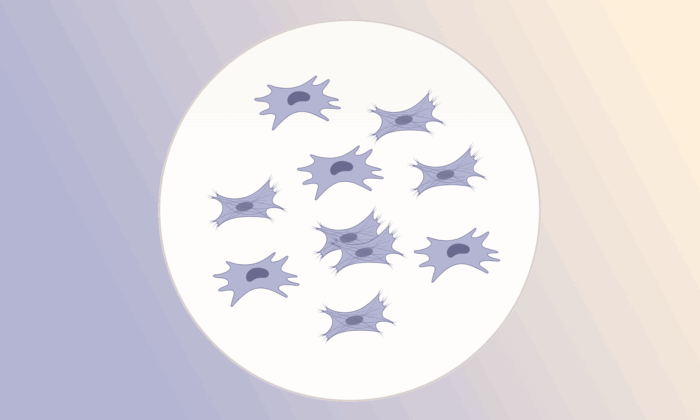Breakthroughs in stem cell therapy for refractory feline chronic gingivostomatitis and beyond
Dr. Linda Black, DVM, PhD (CEO of Gallant) and Dr. Valentine Williams, DVM, MS, DACVS (Equine; Gallant’s SVP of Clinical Development and Regulatory) co-authored a peer-reviewed article for Improve Veterinary Practice that explores how stem cell therapy is transforming the treatment landscape for one of the most difficult feline diseases: refractory chronic gingivostomatitis (FCGS).
A New Hope for Cats with Chronic Oral Disease
Feline chronic gingivostomatitis (FCGS) is a painful, immune-mediated oral disease that affects thousands of cats—many of whom fail to respond to conventional treatments like full-mouth extractions and long-term medications. In this peer-reviewed article, Gallant’s senior leaders explore how allogeneic mesenchymal stem cell, also known as mesenchymal stromal cell (MSC) therapy, specifically uterine-derived MSCs (UMSCs), is delivering new hope for these hard-to-treat cases.
From Symptom Management to Disease Modification
With conditional FDA approval on the horizon, this therapy represents a new class of disease-modifying treatments—designed not to manage symptoms, but to restore the body’s natural function. Backed by multiple pilot studies showing improvements in quality of life, reduction of oral lesions, and long-term survivability, UMSC therapy is redefining what’s possible in feline medicine.
The Future of Regenerative Medicine in Practice
Learn how Gallant’s standardized, off-the-shelf stem cell therapy is paving the way for a new era in veterinary regenerative medicine—where getting better replaces just feeling better, and more good years become possible for pets and the people who love them.
What You’ll Learn in the Full Article
Read the full article in Improve Veterinary Practice.
- The science behind UMSCs and how they target immune dysregulation
- Clinical outcomes and owner-reported improvements from pilot studies
- How stem cell therapy may transform care not just for FCGS, but other immune-mediated conditions
This content is for educational purposes only. The therapy discussed is investigational and not yet commercially available.

